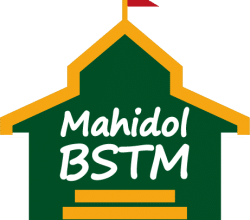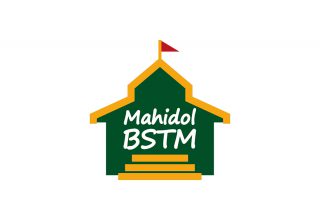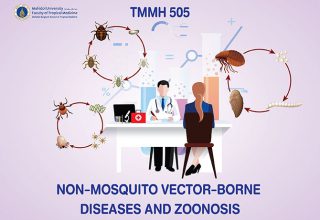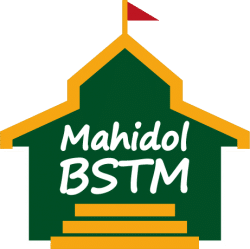Course Description
- Laboratory principles and techniques used in clinical research. Interpretation of clinical laboratory results in microbiology, biochemistry, immunology, genetics, molecular studies and toxicology. Ethics in animal study, cell tissue culture also included.
Course Objectives
- Describe and demonstrate the clinical laboratory methods for research in Tropical Medicine.
- Analyze and interpret the laboratory results
- Apply knowledge for the review literature and research proposal
Course-level Learning Outcomes: CLOs
At the end of the course, the students should be able to
CLO1: Describe and demonstrate the clinical laboratory methodology and its application
CLO2: Analyze and interpret the laboratory results precisely with accuracy
CLO3: Apply the clinical laboratory methods for the review literature and research proposal
- 1 Section
- 3 Lessons
- 12 Weeks
Expand all sectionsCollapse all sections





2 Comments
I had the opportunity to learn from experts in microbiology, molecular biology, genetics, immunology, toxicology, and cell tissue culture.
All professors have taught the method that necessary to identify or predict the outcome of treatment, as well as apply it to a future study.
In the current situation, there are several methods that have been developmental to assist and assess the diseases.
This course pursued me to study in malaria disease about the drug resistance of P. falciparum.
This is a major problem in the Greater Mekong Subregion, which urgently needs a new antimalarial medicine to reduce incident of antimalarial drug resistance.